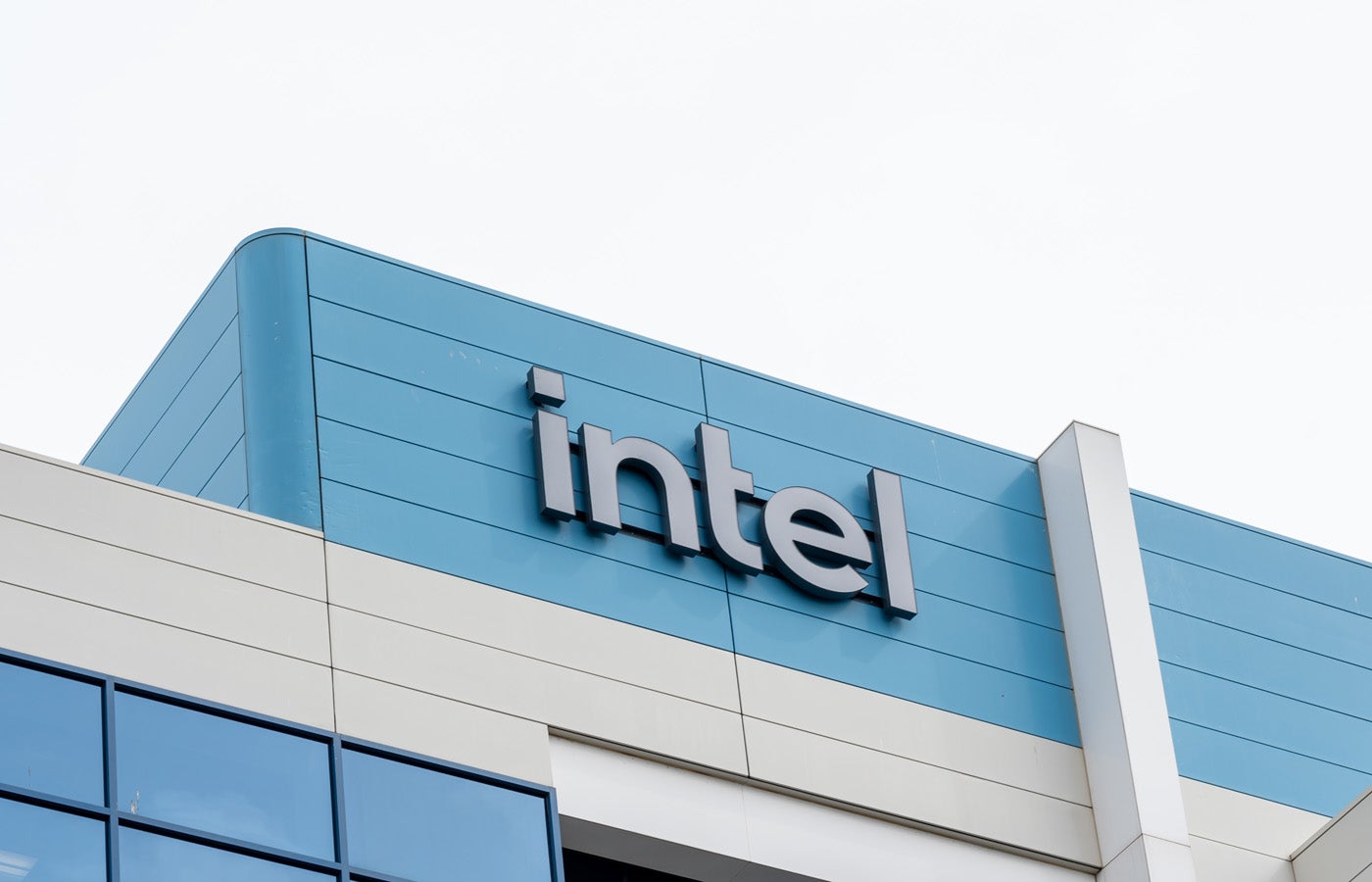- Broadcom grows revenues by 20% following VMware purchase, as customers fume about subscription costs
- How global threat actors are weaponizing AI now, according to OpenAI
- The viral Air Purifier Table is my smart home's MVP (and it's on sale for $179)
- Grab the Galaxy S25 Edge for $170 off and get a free Amazon gift card - but act fast
- How I learned to stop worrying and love my health tracker
Intel Innovation 2023: Attestation and Fully Homomorphic Encryption Coming to Intel Cloud Services

The attestation service is designed to allow data in confidential computing environments to interact with AI safely, as well as provide policy enforcements and audits.
The second day of announcements at Intel’s Innovation event in San Jose, California focused on privacy and security, including confidential AI. Major announcements included an attestation service for Intel Trust Authority and a software toolkit for fully homomorphic encryption.
Intel positioned its company strategy as supporting developers who need high-performance AI hardware and software for sensitive business data.
“The developer community is the catalyst helping industries leverage AI to meet their diverse needs – both today and into the future,” Intel CTO Greg Lavender said. “AI can and should be accessible to everyone to deploy responsibly.”
In addition, the company announced Intel-optimized distributions of enterprise software releases from Red Hat, Canonical and SUSE.
Jump to:
Attestation service added to Intel Trust Authority
An attestation service will join the Intel Trust Authority, a security assessment platform released in 2022. The attestation service can verify the trustworthiness of a confidential computing environment, regardless of who is operating the data center. Users can set their own policies about what is required of their environment.
The beta release of attestation for Intel Trust Authority will go live later this year in Intel Developer Cloud.
Trust Authority integrates with the technical requirements for confidential AI environments in which intellectual property and sensitive or proprietary data may be processed in secured machine learning applications.
“Zero Trust gives organizations the ability to operate more securely in IT environments where they can’t verify directly that users, devices or network infrastructure are secure and who/what they claim they are. Intel Trust Authority takes that security one step further and verifies the computation path from apps to silicon can be trusted,” said Ken Urquhart, global vice president of 5G strategy at Zscaler, in a case study (PDF) by Intel and Zscaler.
Integrated circuit (ASIC) accelerator helps with fully homomorphic encryption
Intel plans to develop an application-specific integrated circuit (ASIC) accelerator for fully homomorphic encryption. It fills a need for very high performance overhead in a software-only FHE approach, Intel said.
FHE is important to AI models because it allows calculations to take place directly on encrypted data, protecting AI models and data from tampering and outside manipulation.
Introducing Auto Pilot for Kubernetes pod resource rightsizing
Auto Pilot for Kubernetes pod resource rightsizing is coming to Intel Granulate, a workload performance optimization solution. Pod resource rightsizing monitors memory capacity and automatically gives capacity management recommendations when needed. Ideally, Auto Pilot for Kubernetes pod resource rightsizing will lower the investment threshold for cost-performance metrics for containerized environments. It can result in lowered Kubernetes costs, Lavender said.
Intel plans to launch a beta later this year of an encrypted computing software toolkit in Intel Developer Cloud. The encrypted computing software toolkit will let researchers, developers and other users try out FHE coding. The toolkit will include interfaces to develop FHE software, translation tools and a hardware accelerator simulator. Intel expects to release version 1.0 in December.
Intel joins Linux’s newly formed Unified Acceleration Foundation
Intel has joined The Linux Foundation’s Unified Acceleration consortium, which will build upon Intel’s oneAPI specification to provide standards for cross-platform development across multiple architectures. Intel will contribute the oneAPI specification, which can be used to work on cross-platform development across multiple architectures.

